What type of vehicle should you buy?
What are you looking for?
In New Zealand, backpackers will mainly turn to vans (e.g. Toyota Hiace or Nissan Caravan) or campervans. You may also prefer minivans or monospace vehicles (the Toyota Estima being one of the vehicles most used by backpackers). Before making a decision, check out the market and the prices of these different vehicles.
You should also choose brands that are fairly popular in the country rather than those that are less popular or not widely available. If you have to make repairs (and it happens), it’s better to be able to find spare parts than to have to import them. For this reason, choose Toyota, Honda, Nissan, Mitsubishi, Subaru and other Japanese brands rather than brands such as Renault or VW, which are less widely available and will be harder to find spare parts for if you have a problem.
You should also choose vehicles that are discrete rather than brightly-coloured, which may be nice, but not very discrete. Discretion significantly reduces the risk of theft, but also avoids problems with the authorities if you sleep in your van in places that are not necessarily appropriate.
Petrol or diesel?
This is not a matter of mechanics, but rather of the cost of petrol and the administrative procedures involved. In New Zealand, petrol is taxed much more heavily at the pump than diesel. The prices per litre of petrol and diesel are very different.
However, although drivers who own diesel cars pay less at the pump, they have to purchase kilometres to pay for their RUCs.
RUCs are, therefore, only payable by drivers of diesel vehicles. On the windscreen of your vehicle, the paper you are given indicates the number of kilometres for which you have paid tax. When you reach this limit, you have to go to a post office and buy more kilometres. You will then be given a new paper.
Should you buy a converted vehicle?
You’ll find that many vehicles for sale are fitted out for backpackers. In this case, the vehicles have at least one bed at the rear, i.e. a mattress on a base made of wooden planks or made up of the rear seats of the vehicle. Other vehicles also have very practical storage spaces (drawers, cupboards, nets, etc.). The best-equipped vehicles even have a fixed kitchen (more often than not, you’ll find mobile gas cookers), a sink and, the height of luxury, a bathroom of sorts, but this is more often the case in rental vehicles.
A converted vehicle has the obvious advantage of being both a car and a home.
On the other hand, these vehicles have often already been driven quite a bit and are often a little more expensive than non-equipped vehicles. For example, a van previously used as a bricklayer’s work vehicle will be much better maintained, more recent and perhaps less expensive than a fully-equipped van. If you do a bit of DIY, consider the option of converting your van yourself. There are also companies that can do this for you.
What should you put in your van?
If you’re planning to live in your vehicle, you’ll need to equip it with some camping gear, cooking equipment, a mattress (inflatable or foam) etc. You can find a wide range of equipment in shops such as K-mart or The Warehouse at fairly low prices. If you’re looking for kitchen utensils, basins or boxes, think about taking a trip to the Salvation Army, where you should be able to find what you’re looking for without breaking the bank.
Among the items you might need in a van:
- a mattress
- a blanket
- pillows
- camping chairs
- a gas cooker
- a pan
- a pot
- plates
- cutlery and glasses
- storage boxes
- a basin (for washing dishes and clothes, among other things).
Optional elements that may be useful:
- a table
- a solar shower
- a converter on the cigarette lighter for charging cameras, computers and mobile phones.












 Français
Français English
English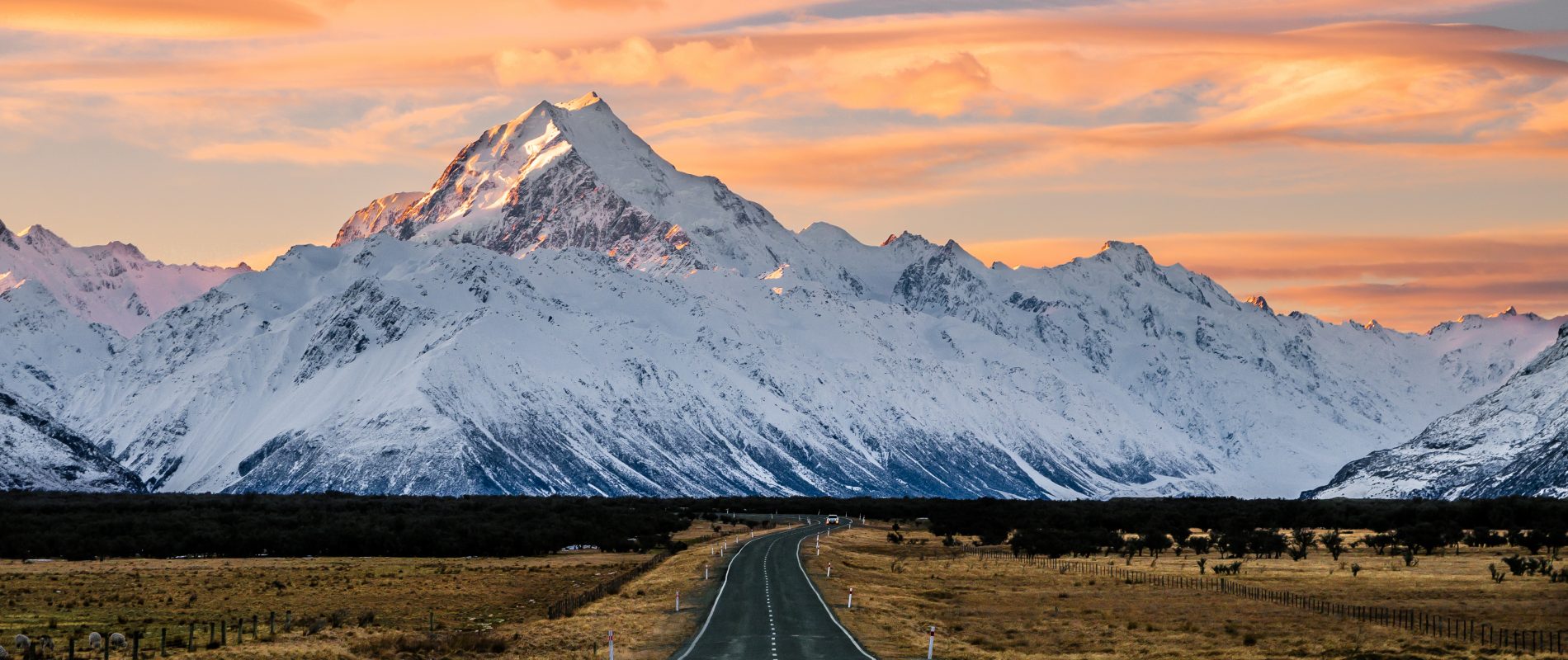
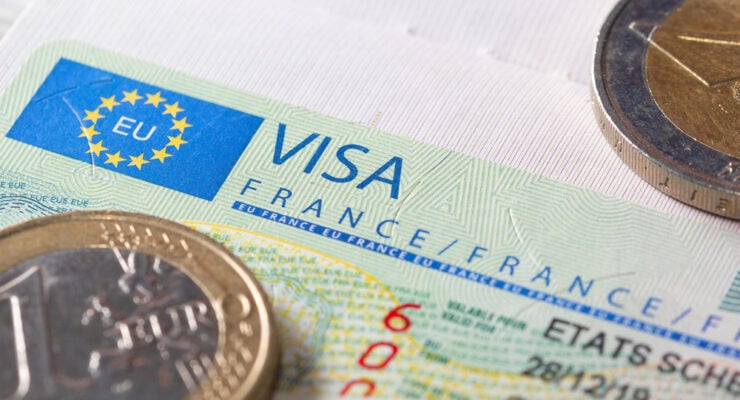
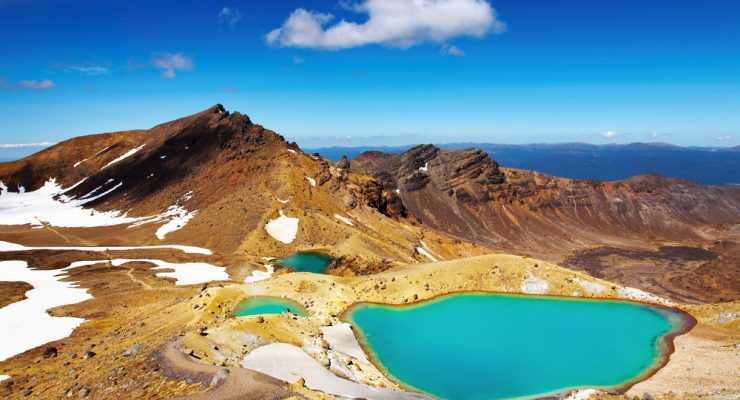
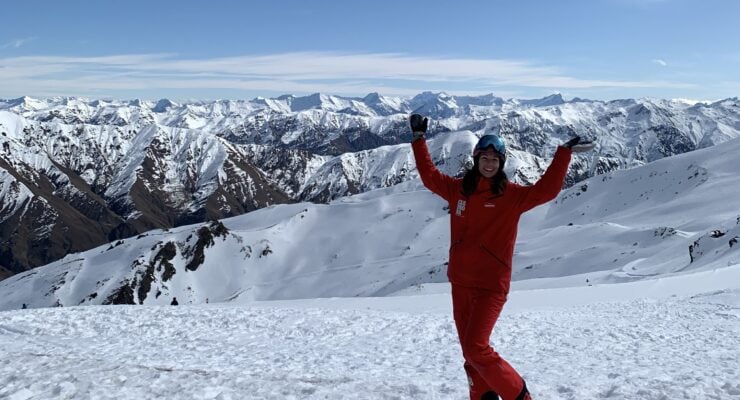
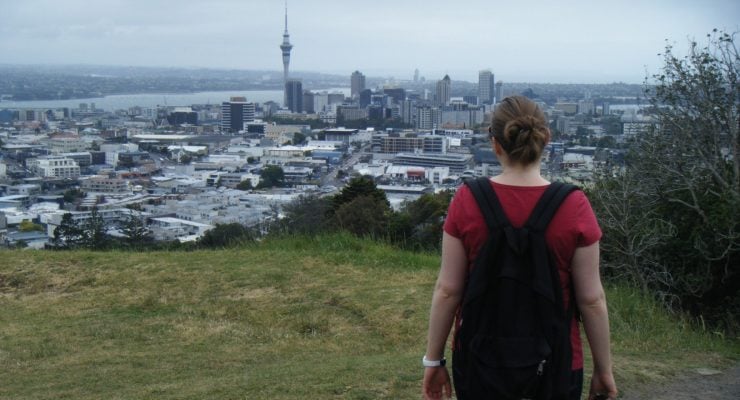
0 comments
{{like.username}}
Loading...
Load more